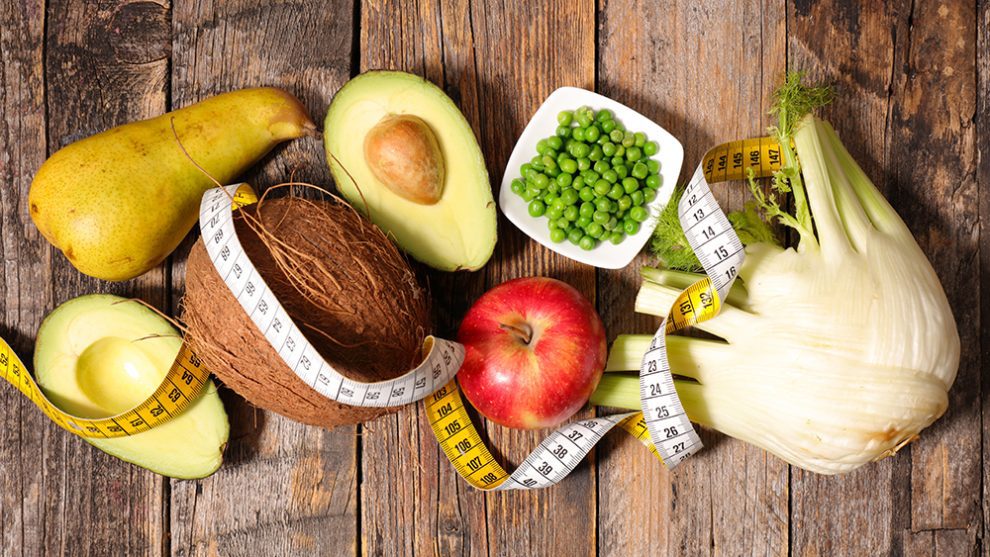For years we have been told that weight loss is simply about calories in vs calories out and eating more frequent meals. Nutritional Medicine Practitioner, Fiona Kane believes this has driven more obesity, more eating disorders and messed up many people’s relationship to food and their bodies.Grazing
Humans are not made to graze all day – it is certainly not what any of our ancestors did. Can you imagine the hunters and gatherers grazing all day, just grabbing something from the fridge or calling through the drive through for something to eat on the way home! In fact, when we look at the more recent, much studied and loved Mediterranean diet, we often overlook the fact that the participants in these studies were poor villagers and certainly didn’t have an overabundance of food; they ate once or twice a day.
Many Australians have a diet that looks like this: start the day with a bowl of cereal and reduced fat milk, along with orange juice, follow that with a sandwich for lunch, then have pasta for dinner having biscuits/crackers/chips/muesli bars as snacks in between. This is a really high carbohydrate and sugar diet and will cause you to experience significant blood sugar fluctuations and therefore energy fluctuations. You will crave carbohydrates and sugar and will not be able to go more than two or three hours without refuelling. We get caught up in this blood sugar roller coaster and are all familiar with those terrible blood sugar (and energy) drops throughout the day. This is so common that we have a modern day term for it “hangry” (a combination of hungry and angry). Food companies happily advertise the solution to hangry which is eating one of their high sugar products, while they fail to tell you that their products are not only the “short term solution” but also the cause of your problem.
Fasting
We need two or maximum three meals per day with a significant overnight fast. Whether you start the day at midday and that is your first meal or start early in the morning with ‘breakfast’ doesn’t really matter. The length of time of the fast and the quality of the meal is what matters.
If you always eat a balance of fat, protein and fibre from vegetables you will not have the blood sugar spike/followed by the blood sugar drop. An example would be a chicken and avocado salad with olive oil, an omelette with spinach and onion, fish with salad/vegies. These meals will keep your blood sugar levels stable for many hours. When you eat a well-balanced meal with a palm sized serving of protein, plenty of fibrous greens along with some oil/fat (eg avocado, olive oil, butter, nuts or seeds), and you will stay satisfied for many hours. Eating this way means you will be more likely to naturally and comfortably have two to three meals per day without needing snacks and won’t be craving sugar.
Dr Michael Mosely’s “5:2 diet” has become a popular way of fasting, where he recommends you eat normally five days per week but on two non-consecutive days each week you limit your calories to 500 calories (women), 600 calories (men). Dr Rangan Chatterjee, famous for his BBC series Doctor in the House, also uses fasting with his patients with great success. He asks many of his patients to limit their window of eating to 8-9 hours a day ensuring a fast of 15 or 16 hours. For example, eat a normal diet but only eat between 11am and 7pm.
The science
When you eat sugar and carbohydrates the body is required to make insulin to take the resulting glucose in your blood and to the cells in your body for energy. Many of us eat way too many carbs/sugar and therefore the glucose just creates body fat. If we over produce insulin, it can cause weight gain and is a driver of inflammation in the body. Inflammation drives metabolic syndrome chronic disease such as fatty liver, insulin resistance and cardiovascular disease.
Dr Mark Houston, Cardiologist explains that “atherosclerosis (hardening and narrowing of the arteries) is a post prandial (post meal) event. This is when your carbohydrates, triglycerides, inflammatory foods, and bacteria from leaky gut, can cause huge amounts of inflammation”.
Giving the body a break from constantly making the hormone insulin and letting digestion stop for long enough that the body can repair and rid the body of toxins are two good reasons why fasting is beneficial for health. Studies are now confirming that when we have longer “fast” periods, we have better weight management and improve our overall risk factors for insulin resistance, diabetes and cardiovascular disease.
ABOUT
Fiona Kane, Nutritional Medicine Practitioner





















Add Comment